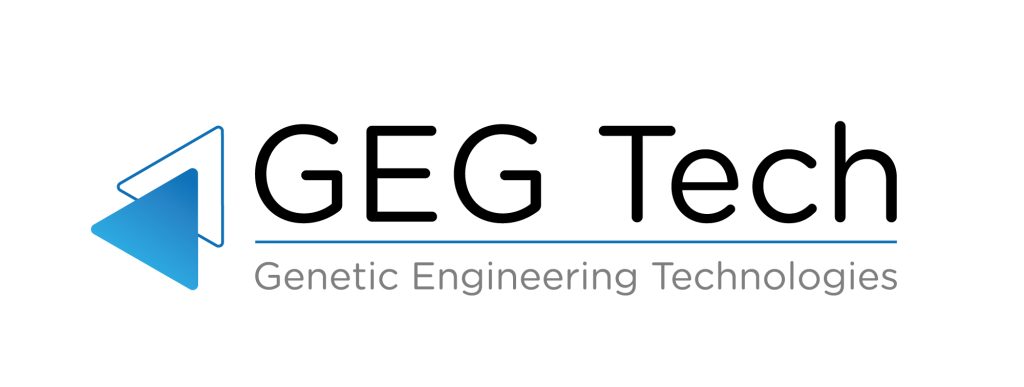A CAR-T cell therapy designed to target a cellular protein called the GPRC5D antigen has produced impressive results in its first clinical trial in patients with multiple myeloma. The 17 patients in the Phase 1 trial had undergone a median of six prior treatments for myeloma, many of whom had received CAR T-cell therapy targeting BCMA. Four dose levels of the second-generation CAR T-cell therapy were tested. The study showed that the therapy was generally safe, with side effects comparable to those associated with BCMA-directed CAR T-cell therapies. Fifteen of the participants experienced cytokine release syndrome (CRS), a common and temporary consequence of CAR T-cell therapy marked by systemic inflammation. In all but one case, the patient with the highest dose tested, CRS was mild to moderate. At the highest dose level, two patients experienced toxicity in the cerebellum of the brain but no patient died from treatment-associated adverse events. Post-treatment testing showed that 12 participants, representing 70.6% of the total group, responded to treatment, showing a measurable decrease in their cancer. Six had a complete response, with no detectable cancer. Two of the patients still showed a response to therapy more than a year after being treated.





